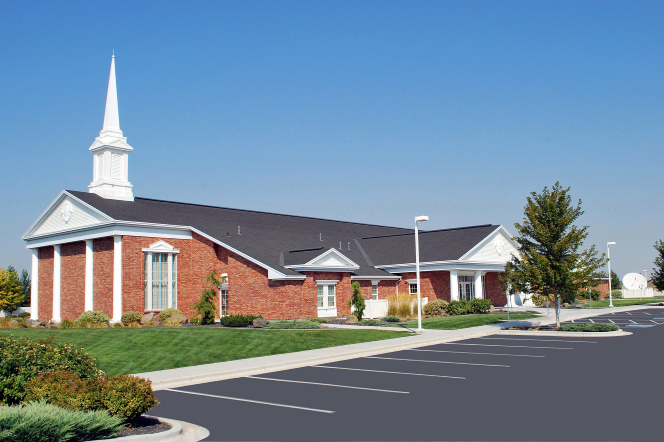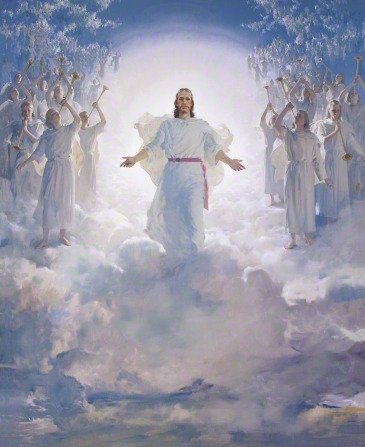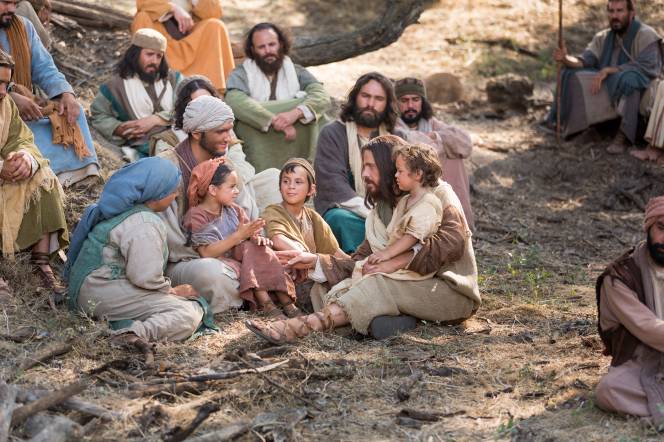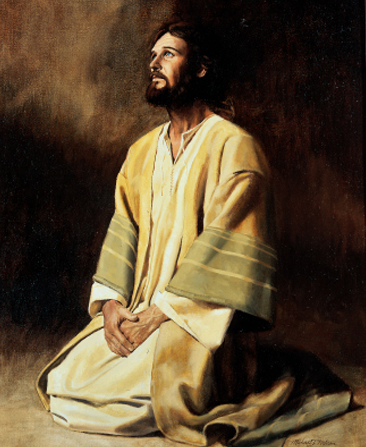As members of the Church, we gather in the stakes of Zion. Nonmembers sometimes inquire, “What is a stake?” Members likewise inquire, “What is the significance of a stake? What does it mean to us as members?”
To nonmembers, a stake is similar to a diocese in other churches. A stake is a geographical area comprising a number of wards (local congregations) and presided over by a presidency.

A stake has at least four purposes:
1. Each stake, presided over by three high priests, and supported by twelve men known as a high council, becomes a miniature church to the Saints in a specific geographic area. The purpose is to unify and perfect the members who live in those boundaries by extending to them the Church programs, ordinances, and gospel instruction.
2. Members of stakes are to be models or standards of righteousness.
3. Stakes are to be a defense. The members do this as they unify under their local priesthood officers and consecrate themselves to do their duty and keep their covenants. Those covenants, if kept, become a protection from error, evil, or calamity.
We build temples only where we have stakes. The blessings and ordinances of the temple prepare one for exaltation. Of course, it is not possible for every stake to have a temple, but we are presently witnessing some remarkable, yes, miraculous developments, in the
4. Stakes are a refuge from the storm to be poured out over the earth.
The Lord states: “For Zion must increase in beauty, and in holiness; her borders must be enlarged; her stakes must be strengthened; yea, verily I say unto you, Zion must arise and put on her beautiful garments.” (Doctrine and Covenants 82:14.)
Stakes of Zion are strengthened and Zion’s borders enlarged as members reflect the standard of holiness that the Lord expects of His chosen people.
Today … we see the fulfillment of this prediction where Satan, in undiminished fury, is displaying power over “his own dominion”—the earth. Never has his influence been so great, and only those who have taken the Holy Spirit as their guide—and followed counsel from priesthood leaders—will be spared from the havoc of his evil influence.
The stakes and districts of Zion are symbolic of the holy places spoken of by the Lord where His Saints are to gather in the last days as a refuge from the storm. You and your children will gather here to worship, to do sacred ordinances, to socialize, to learn, to perform in music, dance, drama, athletics, and to generally improve yourselves and one another. It is often thought significant that our chapels have on them a steeple, with spires toward the heavens
Through revelation we know that there will be perils, calamities, and persecution in the latter days, but through righteousness the Saints may be spared. The promise of the Lord in the Book of Mormon is sure: “He will preserve the righteous by his power.” (1 Nephi 22:17.)









